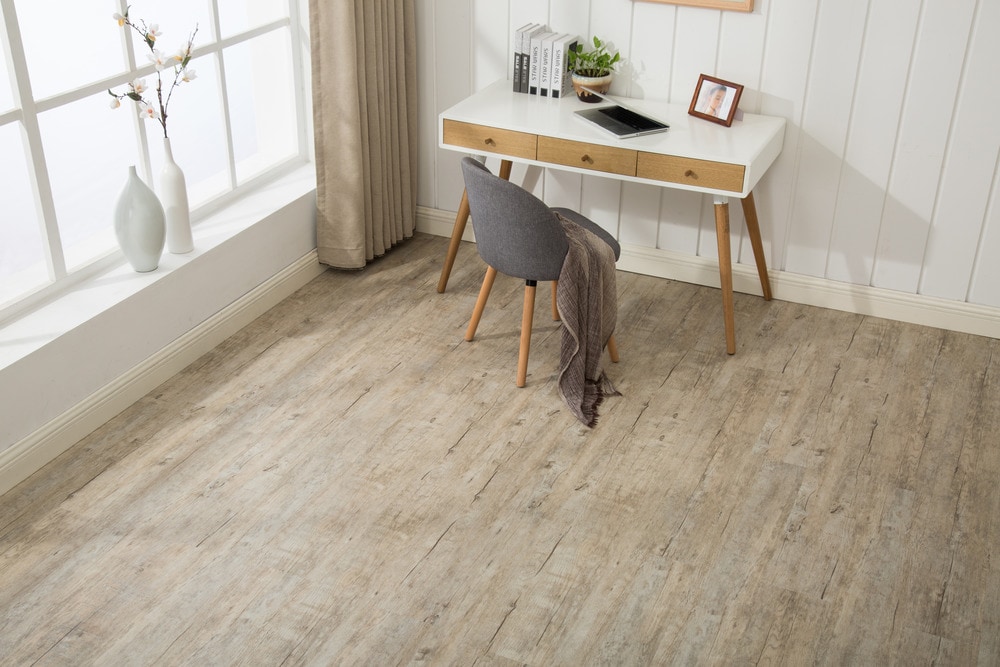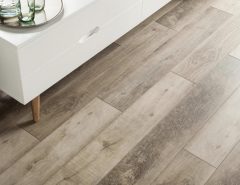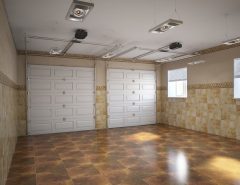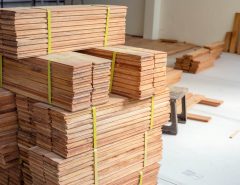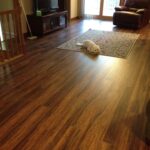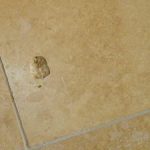Laminate flooring is a versatile and cost-effective modern floor option, even in bathrooms in some cases. Find out how it’s evolved here.
***
Is it okay to install laminate flooring in bathrooms?
Laminate flooring was once off limits to any area with potentially high moisture. Kitchens were sometimes okay. Laminate flooring in a bathroom was unheard off, especially in the early days of laminate.
Why was laminate not allowed in bathrooms?
Most of the reason had to do with the process for manufacturing laminate flooring. Laminate is not wood. It is a reproduction of wood finish fastened to a composite material. The glues used early methods of creating the reproduction usually did not take to water too well. It quite often allowed moisture to seep into the under layers of the laminate.
And while the surface may have held up to moisture, liquid could still seep into the cracks and joints of the flooring. That often caused buckling and problems with the integrity of the floor. Since the bathroom has the most potential for water getting on the floors, laminate was never an option for the wettest room in the house.
Newer methods for laminate floors in bathroom floor installations
But newer methods of creating the product have eliminated that issue. Manufacturers now offer waterproof laminate flooring. This flooring adds additional layers to provide the look and the underlying structure of the planks.
Homeowners should look for a wear or top layer that is as resistant to moisture as possible. The core layers below should also include melamine plastic resin if possible to aid in resisting moisture.
Extra vigilance needed for bathroom flooring
A proper installation of a laminate floor in high-moisture spaces such as a bathroom is still key. Installation should make sure the laminate planks are fastened together as tightly as possible. Most laminate flooring comes in a snap-together installation method. Some may include or encourage adhesive between the seams for extra moisture protection.
Floating floor method
Whichever the method, care should be taken to make sure that fit bonds the floor together into a large, continuous floor. The floor should then float on the sub floor and not be nailed or glued to the sub floor.
The floating floor offers little chance of water making its way through the joints and into the sub floor which could lead to structural damage of the home. The floating action of the laminate floor also allows the floor to expand and contract with changes in temperature and humidity and eliminate the chances of the floor buckling or warping.
Choose the right product and install it correctly
With a proper choice of product and the correct installation, laminate flooring can now be used in virtually any room of the house. That includes the bathroom.
No longer are homeowners limited due to a risk of water spilling onto the laminate flooring.

